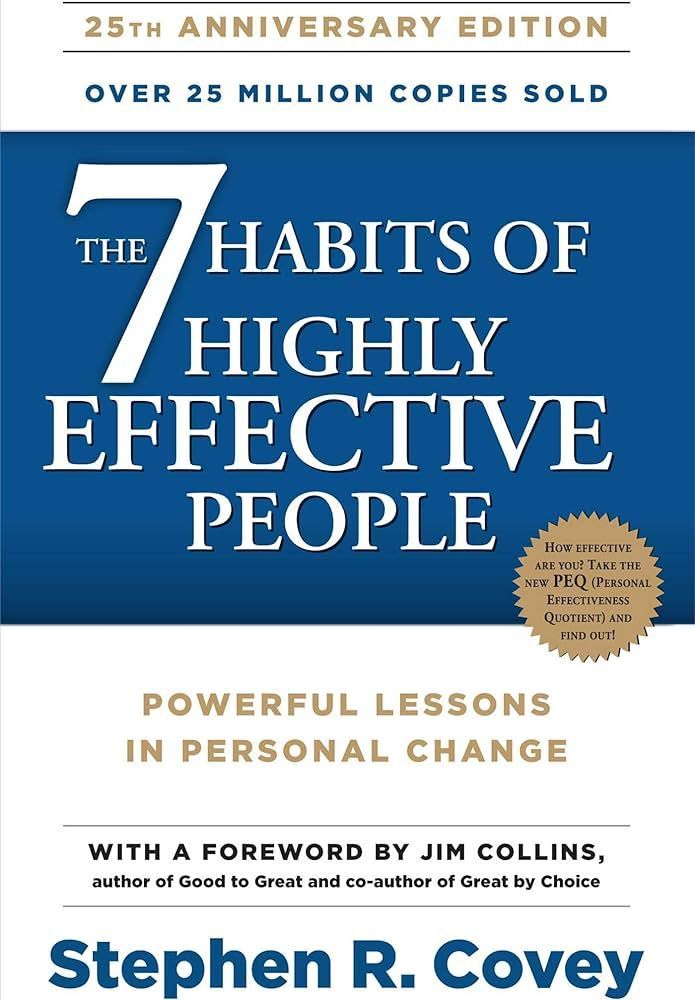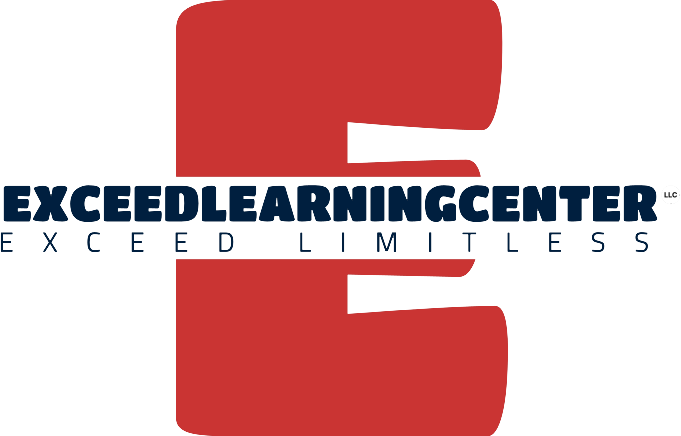Intellectual Wellness Essentials
Cultivating a Healthy Mind-Body Connection.
In a world filled with constant stimulation and distractions, it's easy to overlook the importance of nurturing our minds and maintaining a healthy balance between intellect and well-being.
However, by embracing our potential and prioritizing our intellectual wellness, we can unlock a wealth of benefits, from enhanced cognitive function to greater emotional resilience.
Engage in Introspective Reflection
Take a moment to explore your inner thoughts, feelings, and aspirations.
Reflect on your strengths, passions, and areas for growth.
Consider how nurturing your intellectual wellness can enhance your overall well-being.
Importance of Self-Awareness
Self-awareness enhances decision-making by helping individuals align their actions with their values and goals.
It fosters stronger interpersonal relationships by promoting empathy and effective communication.
Self-awareness facilitates personal growth and development by enabling individuals to identify areas for improvement and leverage their strengths.
Setting SMART Goals: Mapping out your path to success
- Specific: Clearly define your goals with specific objectives and outcomes.
- Measurable: Establish criteria to measure progress and track success.”
- Achievable: Set goals that are realistic and attainable within your capabilities and resources.”
- Relevant: Ensure that your goals align with your values, priorities, and long-term aspirations.
- Time-Bound: Assign deadlines and milestones to create a sense of urgency and accountability.
Overcoming Limiting Beliefs and Self-Doubt
Limiting Beliefs: Negative beliefs or perceptions about oneself, others, or the world that hinder personal growth and success.
Self-Doubt: Lack of confidence or belief in one's abilities, leading to hesitation, fear of failure, and reluctance to take action.
Fear of
Failure: Belief that failure is unacceptable or indicative of personal inadequacy, leading to avoidance of challenges or risks.
Imposter Syndrome: Feeling of being a fraud or undeserving of success, despite evidence of competence or achievement.
Perfectionism: Unrealistic pursuit of flawlessness, resulting in self-criticism, procrastination, and reluctance to take risks.
Comparison Trap: Constantly measuring oneself against others and feeling inadequate or inferior as a result
All-or-Nothing Thinking: Viewing situations in extreme black-and-white terms, leading to unrealistic expectations and disappointment
Impact of Limiting Beliefs
Undermines confidence and self-esteem, hindering personal and professional growth.
Stifles creativity and innovation by limiting willingness to take risks or explore new opportunities.
Creates self-imposed barriers to success, preventing individuals from reaching their full potential.
Cultivating a Growth Mindset: Embracing Challenges and Learning Opportunities
Growth Mindset: Belief that abilities and intelligence can be developed through dedication, effort, and learning.
Embrace Challenges: View challenges as opportunities for growth and learning, rather than threats or obstacles.
Persist in the Face of Setbacks: Maintain resilience and perseverance in the face of failure or setbacks, recognizing them as temporary setbacks on the path to success.
Learn from Feedback: Seek feedback and constructive criticism as opportunities for improvement and development.
Be Inspired by Others' Success: Rather than feeling threatened by others' achievements, be inspired by their success and see it as evidence of what is possible.
Benefits
Increased resilience and adaptability in the face of adversity.
Greater willingness to take risks and pursue challenging goals.
Continuous growth and improvement in skills and abilities.
Understanding Growth Mindset vs. Fixed Mindset
Growth Mindset:
Belief that abilities and intelligence can be developed through dedication, effort, and learning. Individuals with a growth mindset embrace challenges, persist in the face of setbacks, and see failure as an opportunity for growth.
Fixed Mindset:
Belief that abilities and intelligence are static and cannot be changed. Individuals with a fixed mindset avoid challenges, give up easily in the face of setbacks, and view failure as evidence of their limitations.
Benefits of Adopting a Growth Mindset
According to research by Carol Dweck and her colleagues, individuals with a growth mindset are more likely to embrace challenges, persist in the face of setbacks, and achieve greater academic and professional success.
Time Management Strategies for Productivity and Balance
Prioritize Tasks: Identify and focus on high-priority tasks that align with your goals and values.
Use Time Blocking: Allocate specific blocks of time for different tasks or activities, minimizing distractions and improving focus.
Set SMART Goals: Establish clear, measurable goals with deadlines to create a sense of urgency and accountability.
Practice the 2-Minute Rule: Tackle small tasks or decisions immediately if they can be completed in two minutes or less, reducing procrastination and overwhelm.
Use the Pomodoro Technique: Break work into short, focused intervals (typically 25 minutes) followed by short breaks to maintain productivity and avoid burnout.
Benefits
Increased productivity and efficiency in completing tasks and achieving goals.
Greater sense of control and reduced stress from effectively managing time and priorities.
Improved Work-life balance by allocating time for both work and personal activities.
Overcoming Time Management Challenges
Procrastination: Avoiding tasks or delaying action, often due to fear, perfectionism, or lack of motivation
Multitasking: Attempting to juggle multiple tasks simultaneously, leading to decreased productivity and increased errors.
Set Clear Goals and Priorities: Define clear objectives and prioritize tasks based on their importance and urgency.
Break Tasks into Smaller Steps: Divide larger tasks into smaller, manageable steps to avoid feeling overwhelmed.
Building Resilience: Bouncing back from Setbacks
Resilience: The ability to adapt and bounce back in the face of adversity, setbacks, or challenges.
Acceptance: Acknowledge and accept the reality of the situation, including any emotions or feelings that arise.
Optimism: Maintain a positive outlook and focus on potential solutions and opportunities for growth.
Resilience: The ability to adapt and bounce back in the face of adversity, setbacks, or challenges.
Acceptance: Acknowledge and accept the reality of the situation, including any emotions or feelings that arise.
Optimism: Maintain a positive outlook and focus on potential solutions and opportunities for growth.
Strategies for Building Resilience:
Cultivate a Growth Mindset: Embrace challenges as opportunities for learning and growth, rather than insurmountable obstacles.
Practice Mindfulness: Stay present and grounded in the present moment, reducing stress and promoting emotional regulation.
Seek Support: Reach out to friends, family, or professional support networks for guidance, encouragement, and perspective.
Learn from Setbacks: Reflect on lessons learned from past setbacks, using them as opportunities for personal and professional development.
Benefits
Increased ability to cope with stress and adversity
Greater emotional resilience and well-being.
Improved problem-solving skills and adaptability.
SHARE THIS POST:
Olga Binyaminov
Founder, Exceed Learning Academy
Together, we can exceed expectations and make the journey of learning a truly remarkable one for your child.
Leave A Comment
Search
Send us a Message
Blog - Website Form
Recent Posts






Quick Links



